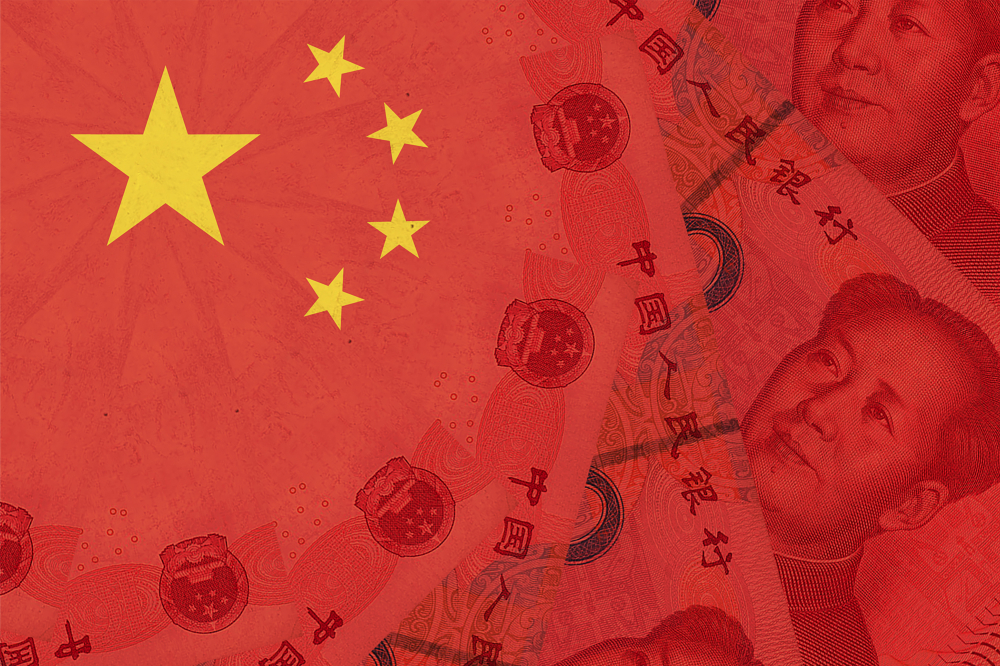GDP growth in China hits an all-time low
Property companies and banks to blame, substantially dragging the Hang Seng Index in a downward descent

The country’s third-quarter GDP growth stumbled at 6.0 percent, the lowest on record, reports South China Morning Post. Concurrently, the China Securities Index (CSI) 300 and Shanghai Composite Index (SHCOMP), which monitors the blue chips listed in Shanghai and China, have dropped the most in a month last Friday.
Xu Lei, a Shenwan Hoyuan Securities analyst based in Shanghai, explained that since the beginning of the year, the GDP growth has dropped every quarter.
The CSI finished the day 1.4 percent lower at 3,869.38, while the SHCOMP was down 1.3 percent at 2,938.14. The Hang Seng Index closed at 26,719.58, after a 0.5 percent drop. However, the benchmark climbed 1.5 percent.
Investors are concerned that the varying economic stimulus, as well as the supportive monetary controls the central bank and government has launched, have very limited impact.
More: Can China’s real estate market ride out the wobbles?
“There is even some speculation that in 2020, GDP growth could dip below 6 percent. With 80 percent of the [domestically-listed] companies still engaged in the traditional economy and representing small-to-medium enterprises, China’s economic slowdown has already begun to be reflected in their third-quarter results and over the medium term,” said Xu.
The GDP growth in the first quarter was at 6.4 percent, before it fell to 6.2 percent in the next quarter.
“Given this, over the medium term, I believe the market will still be mired in economic growth concerns, and I don’t see the Shanghai Composite Index going beyond the 3,000 level,” he added.
In Hong Kong, the newly-established policies that promoted homeownership ended a two-day rally in property companies.
Link Reit lost 2.4 percent to HKD83.1 (USD10.60), Henderson Land dropped 1.7 percent to HKD38.1, Sino Land gave up 1.6 percent to HKD12.1, New World Development fell 0.9 percent to HKD11.08.
“On Wednesday and Thursday, these Hong Kong developers have been overbought due to the positive sentiment from the policy address. But their fundamentals have not improved, hence, it is not surprising that they retraced these gains on Friday,” said director at Ample Finance, Alex Wong.
Recommended
Inside Asia’s commercial real estate: The cities thriving and those facing tough times
Shifting consumer preferences, and fluctuating economic policies mean commercial real estate investors in Asia must remain agile
Why young Asians are choosing singlehood and reshaping real estate trends
Marriage is out, and singlehood is in as young Asians subvert convention to explore alternative paths in real estate
Meet the expert helping overseas investors crack Australia’s property market
Ivan Lam of property advisors Charter Keck Cramer helps clients navigate Australia’s complex real estate dynamics
6 spots to check out in Singapore’s Bukit list neighbourhood
The sought-after Singapore neighbourhood offers lifestyle amenities, green space, and new residential projects








